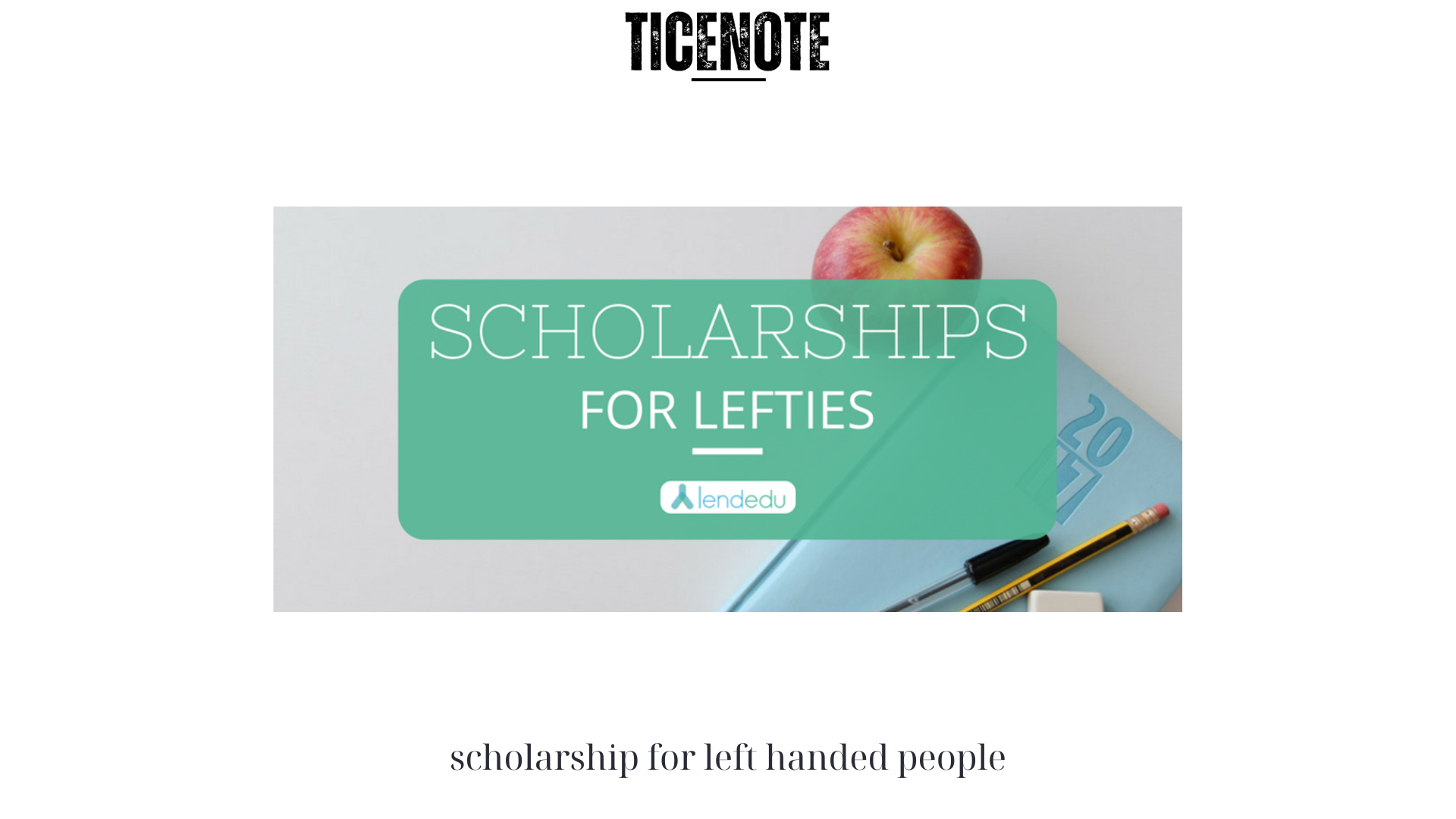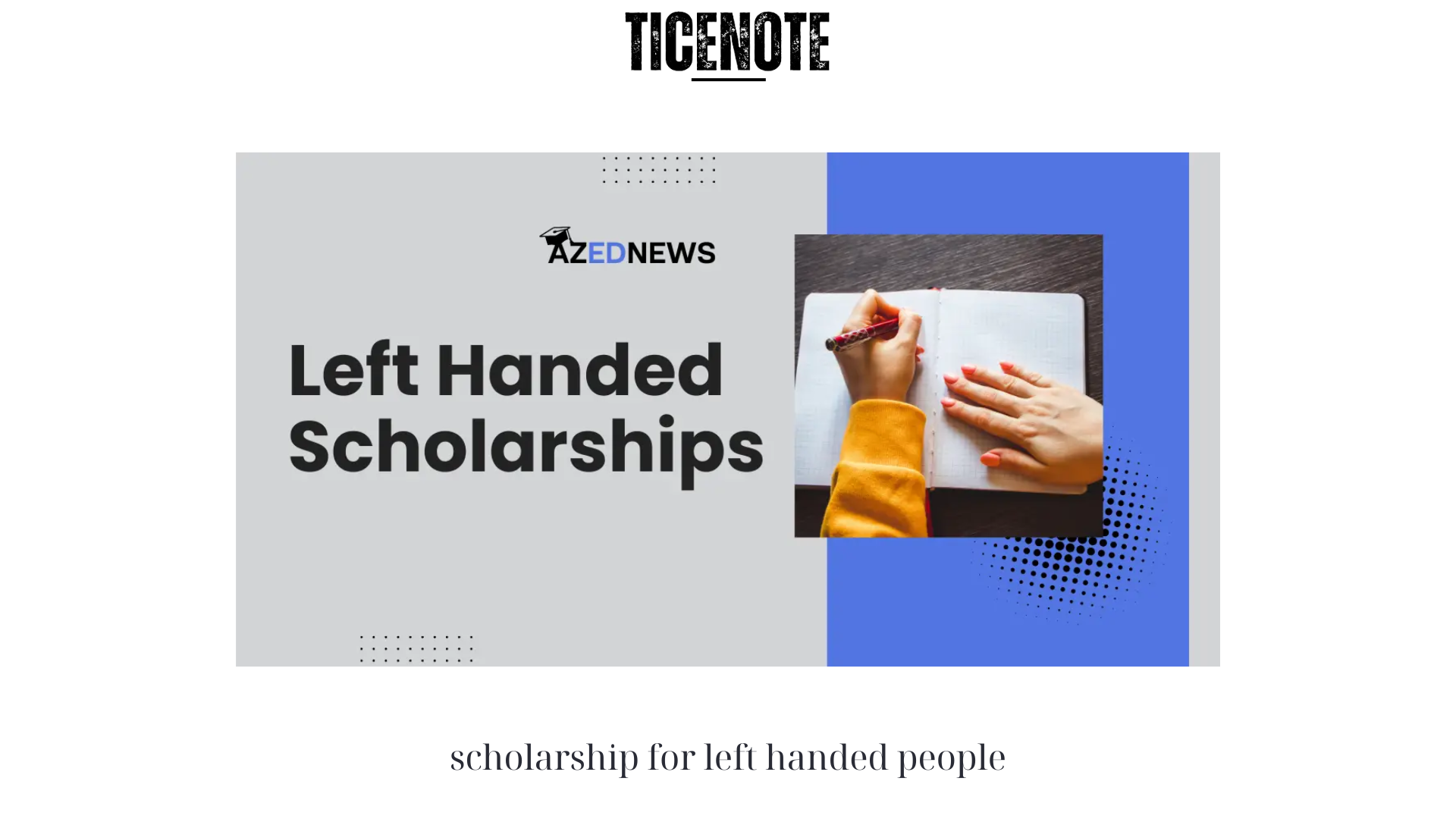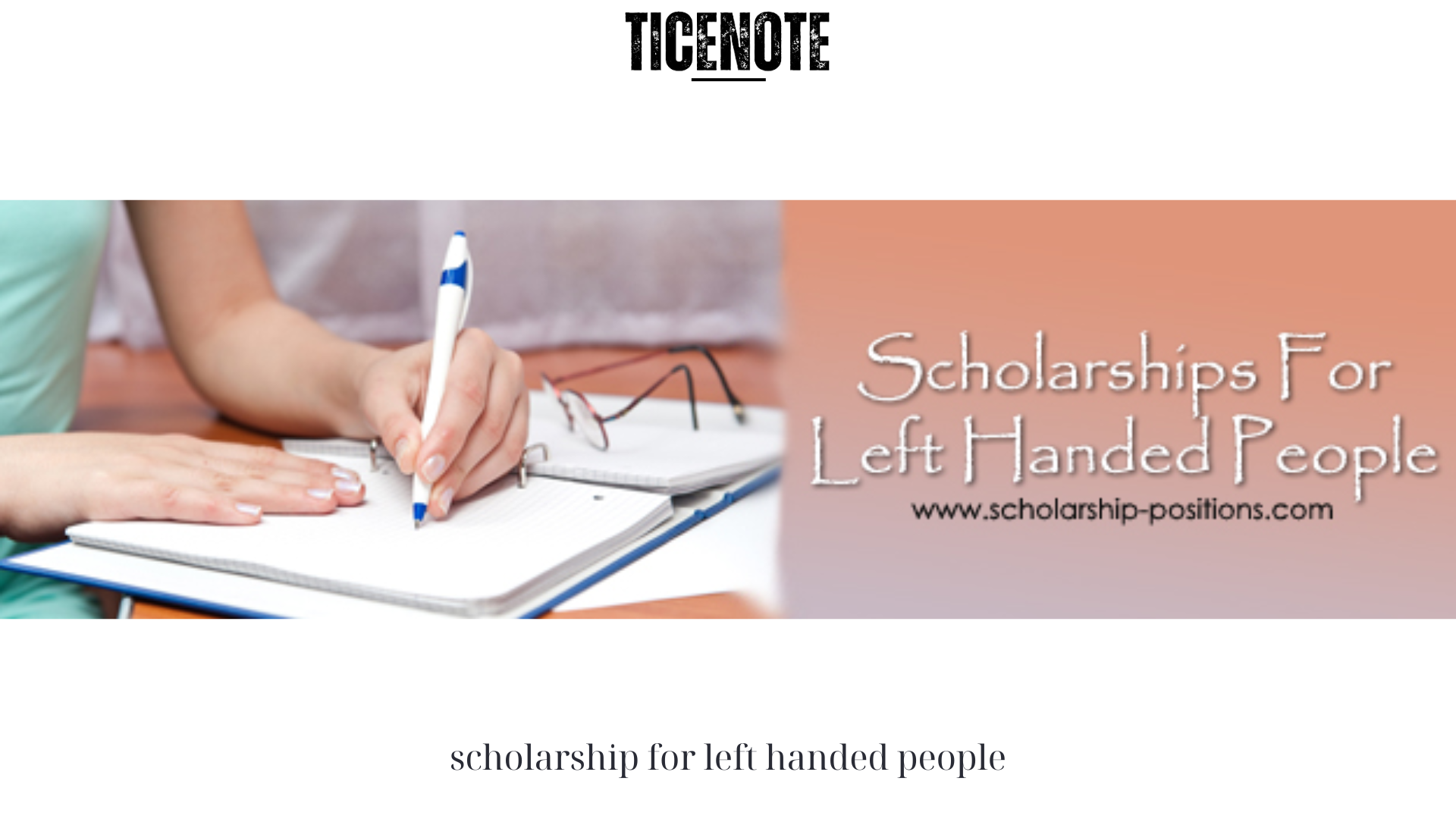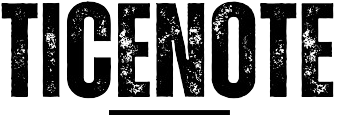In a world predominantly designed for right-handed individuals, left-handed people often face unique challenges. From struggling with right-handed tools to adapting to a right-handed classroom setup, the daily experiences of lefties can be different from their right-handed counterparts. However, there are organizations and institutions that recognize the distinct needs and talents of left-handed individuals and offer scholarships specifically tailored to support their educational journey. In this article, Ticenote will explore the concept of scholarship for left handed people, the opportunities they provide, and how they contribute to creating a more inclusive academic landscape.
Scholarship for Left Handed People: Opportunities for Southpaws

Scholarship for left handed people is estimated to occur in approximately 10% of the world’s population. Despite being a minority, left-handed individuals have made significant contributions to various fields, including arts, sciences, and sports. Recognizing the potential and unique abilities of left-handed students, several organizations and foundations have established scholarship programs exclusively for them.
The availability of scholarship for left handed people varies across countries and educational institutions. Some scholarships are specifically designated for left-handed individuals, while others may prioritize left-handedness as one of the criteria for eligibility. These scholarships aim to support left-handed students financially and provide them with opportunities to pursue higher education without scholarship for left handed people additional financial burdens.
One prominent organization that offers scholarships for left-handed individuals is the Frederick and Mary F. Beckley Scholarship Program. Established in the United States, this scholarship for left handed people seeks to assist left-handed students attending Juniata College. The scholarship award is open to both incoming and current students, and the selection process considers academic achievement, financial need, and an essay discussing the challenges and advantages of being left-handed.
Another notable scholarship program is the Juanita Jackson Mitchell Scholarship. Named after the civil rights activist and lawyer, this scholarship is awarded to scholarship for left handed people African American students pursuing a law degree. The scholarship not only recognizes left-handedness but also celebrates diversity within the legal profession.
The Jeanette Rankin Foundation scholarship for left handed people is another opportunity available to left-handed individuals. This foundation provides scholarships to low-income women, including left-handed women, aged 35 and older who are pursuing higher education. The scholarship aims to empower women and eliminate the barriers they face in accessing education.

These examples highlight the diverse range of scholarship for left handed people available. While some scholarships focus on specific fields of study or demographics, others have a broader scope and cater to left-handed individuals across various academic disciplines. The existence of such scholarships acknowledges the unique challenges faced by left-handed people and demonstrates a commitment to fostering inclusivity and diversity within the educational sphere.
Besides financial assistance, scholarship for left handed people offer several other benefits. For many left-handed students, these scholarships provide validation and recognition of their distinct experiences. It sends a powerful message that their left-handedness is not a disadvantage but a characteristic that adds value to their educational journey.
It is important to note that while scholarship for left handed people provide valuable support, they should not be the sole basis for evaluating a student’s worth or potential. Scholarships should be viewed as opportunities to enhance educational journeys rather than defining factors of success. Academic achievement, personal growth, and individual passions should always be the primary focus, with scholarships serving as additional support and recognition.
Additionally, left-handed scholarships often come with a supportive network and mentorship opportunities. Recipients of these scholarships may have the chance to connect with other left-handed individuals pursuing similar academic paths, fostering a sense of community and solidarity. Mentorship programs associated with these scholarships can provide guidance and support to help left-handed students navigate the challenges they may encounter in their educational and professional pursuits.
Moreover, scholarship for left handed people contribute to the broader goal of creating an inclusive and accessible educational environment. By acknowledging and addressing the unique needs of left-handed individuals, educational institutions and organizations send a message of acceptance and equality. This recognition can help reduce the stigma or bias associated with left-handedness and promote a more inclusive society overall.
It is important to note that while left-handed scholarships provide valuable support, they should not be the sole basis for evaluating a student’s worth or potential. Scholarships should be viewed as opportunities to enhance educational journeys rather than defining factors of success. Academic achievement, personal growth, and individual passions should always be the primary focus, with scholarships serving as additional support and recognition.

In conclusion, scholarships for left-handed people offer opportunities for financial assistance, recognition, and community building. These scholarships acknowledge the unique challenges faced by left-handed individuals and contribute to creating a more inclusive educational landscape. By providing financial support and fostering a sense of belonging, scholarship for left handed people empower students to pursue their academic goals and make meaningful contributions to their chosen fields. As we continue to strive for a society that embraces diversity, these scholarships play an important role in ensuring that every individual, regardless of their handedness, has equal opportunities to succeed in their educational pursuits.
